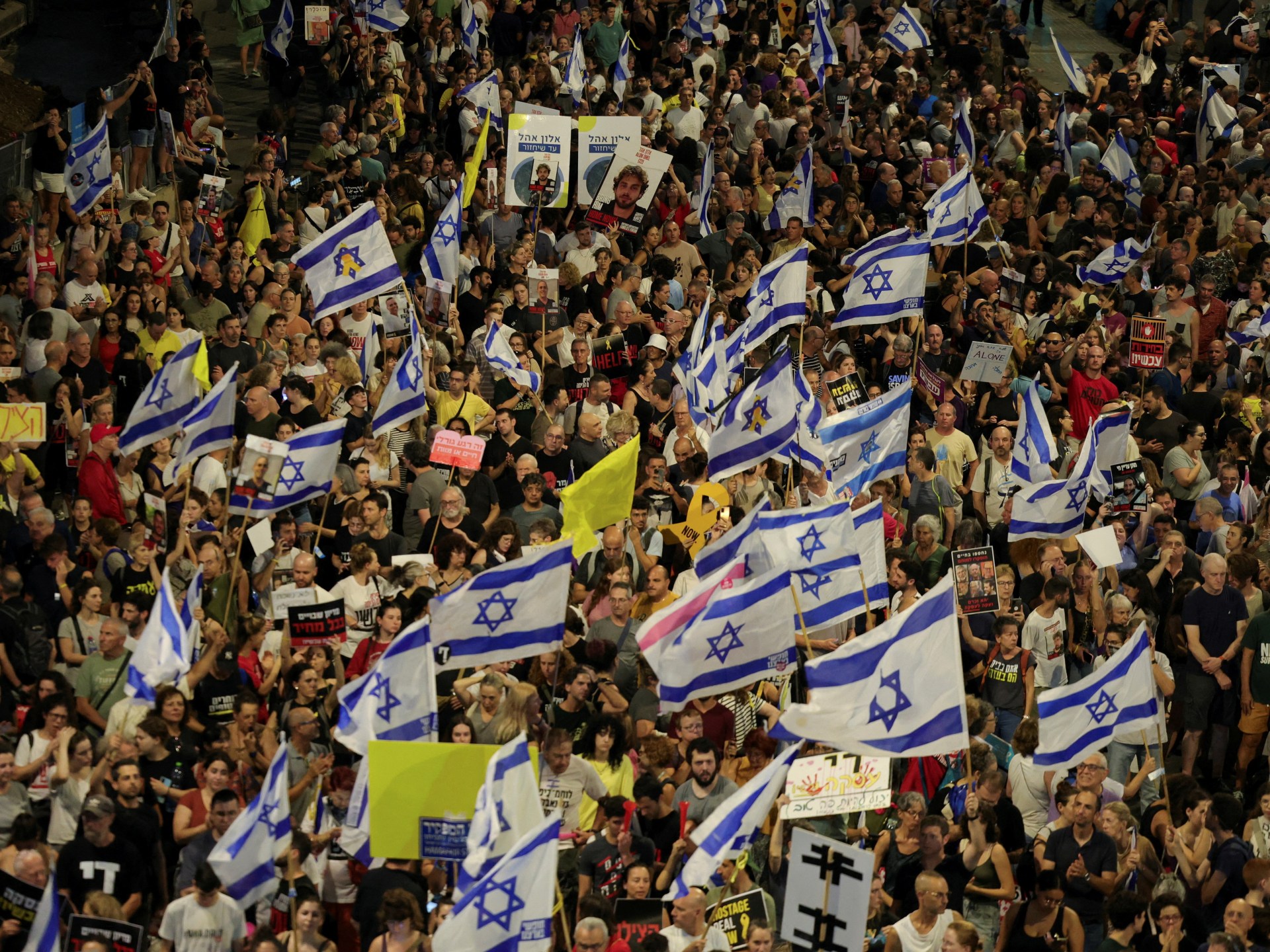
In July 2014, shortly after the kickoff of Israel’s “Operation Protective Edge” in the Gaza Strip – a 51-day affair that ultimately killed 2,251 Palestinians, including 551 children – Danish journalist Nikolaj Krak penned a dispatch from Israel for the Copenhagen-based Kristeligt Dagblad newspaper.
Describing the scene on a hill on the outskirts of the Israeli city of Sderot near the Gaza border, Krak noted that the area had been “transformed into something that most closely resembles the front row of a reality war theatre”. Israelis had “dragged camping chairs and sofas” to the hilltop, where some spectators sat “with crackling bags of popcorn”, while others partook of hookahs and cheerful banter. Fiery, earth-shaking air strikes on Gaza across the way were met with cheers and “solid applause”.
To be sure, Israelis have always enjoyed a good murderous spectacle – which is hardly surprising for a nation whose very existence is predicated on mass slaughter. But as it turns out, the applause is not quite so solid when Israeli lives are caught up in the explosive apocalyptic display.
For the past 11 months, Israel’s “reality war theatre” has offered a view of all-out genocide in the Gaza Strip, where the official death toll has reached nearly 41,000. A July Lancet study found that the true number of deaths may well top 186,000 – and that is only if the killing ends soon.
Now, massive protests have broken out across Israel demanding that the government of Prime Minister Benjamin Netanyahu enact a ceasefire and hostage deal to free the remaining 100 or so Israeli captives held in Gaza. On Sunday, when the Israeli military recovered the bodies of six captives, CNN reported that some 700,000 protesters had taken to the streets across the country. And on Monday, a general strike spearheaded by Israel’s primary labour union succeeded in shutting much of the economy down for several hours.
Although certain wannabe peaceniks among the international commentariat have blindly attributed the protests to a desire to end the bloodshed, the fact of the matter is that Palestinian blood is not high on the list of concerns. Rather, the only lives that matter in the besieged, pulverised, and genocide-stricken Gaza Strip are the lives of the captives – whose captivity, it bears underscoring, is entirely a result of Israeli policy and Israel’s unceasing sadistic treatment of Palestinians.
As Israeli analyst Nimrod Flaschenberg recently commented to Al Jazeera regarding the aims of the current protests, “the issue of returning the hostages is centre stage”. Acknowledging that “an understanding that a deal would also mean an end to the conflict is there, but rarely stated”, Flaschenberg emphasised that “as far as the protests’ leadership goes, no, it’s all about the hostages”.
The captives, then, have assumed centre stage in Israel’s latest bout of blood-soaked war theatrics, while for some Israelis the present genocide is evidently not nearly genocidal enough. During a recent episode of the popular English-language Israeli podcast “Two Nice Jewish Boys”, the podcasting duo in question suggested that it would be cool to just press a button and wipe out “every single living being in Gaza” as well as in the West Bank.
Time to break out the popcorn and hookahs.
At the end of the day, the disproportionate value assigned to the lives of the Israeli captives in Gaza vis-à-vis the lives of the Palestinians who are being annihilated is of a piece with Israel’s trademark chauvinism. This outlook casts Israelis as the perennial victims of Palestinian “terrorism” even as Palestinians are consistently massacred at astronomically higher rates by the Israeli military.
During Operation Protective Edge in 2014, for example, no more than six Israeli civilians were killed. And yet Israel maintained its monopoly on victimisation.
In June of this year, the Israeli army undertook a rescue operation in Gaza that freed four captives but reportedly killed 210 Palestinians in the process – no doubt par for the disproportionate course.
Meanwhile, following the recovery of the bodies of the six captives on Sunday, Netanyahu blamed Hamas for their demise, declaring: “Whoever murders hostages doesn’t want a deal.” But what about “whoever” continues to preside over a genocide while assassinating the top ceasefire negotiator for Hamas and sabotaging prospects for a deal at every turn?
As the protests now demonstrate, many Israelis are on to Netanyahu. But the issue with the protests is that genocide is not the issue.
Even among Netanyahu’s detractors, there persists a general consensus as to the unilateral sacrosanctity of Israeli life, which translates into the assumption of an inalienable right to slaughter Palestinians.
And as the latest episode of Israel’s “reality war theatre” drags on – with related Israeli killing sprees available for viewing in the West Bank and Lebanon, too – this show is really getting old. One would hope Israeli audiences will eventually tire of it all and walk out, but for the time being bloodbaths are a guaranteed blockbuster.
The views expressed in this article are the author’s own and do not necessarily reflect Al Jazeera’s editorial stance.










